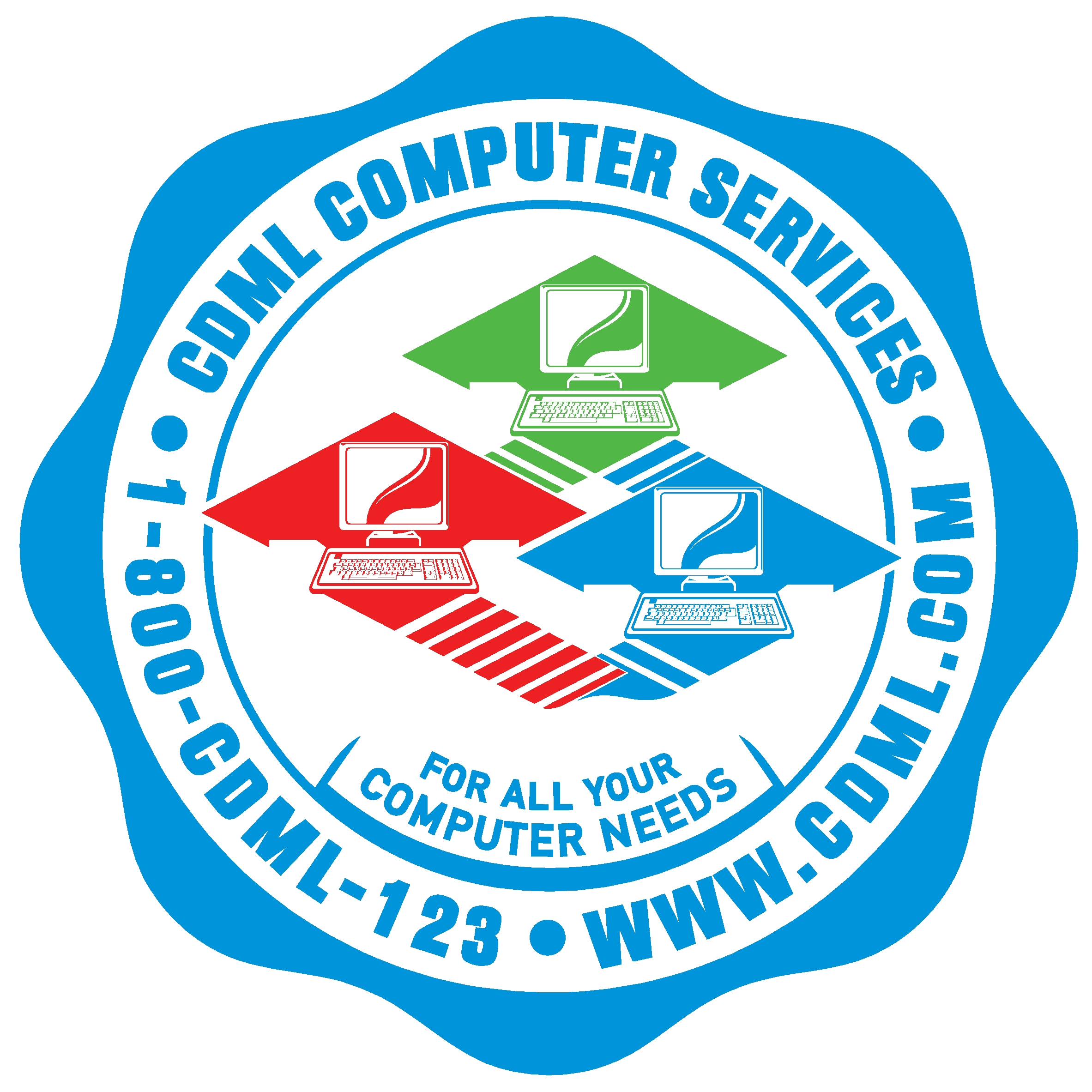Protect Your Personal Information in the Wake of the Change Healthcare Data Breach
by Len Kaplan, CEO of CDML Computer Services, Ltd.

While CDML Computer Services primarily offers IT solutions to businesses, we’re committed to informing our community about potential cybersecurity threats. A recent data breach at Change Healthcare, a healthcare IT company, has exposed the personal information of millions of people. This data is now reportedly for sale on the dark web (https://twitter.com/DarkWebInformer/status/1780284353307611171). The data might include names, addresses, Social Security numbers, and even medical records.
The full scope of the breach is still being investigated, but we believe in taking a proactive approach to protecting personal information. Please help us spread the word to friends and family so everyone has a chance to safeguard their data. Here’s what individuals should do to protect themselves:
- Monitor your credit reports.
You’re entitled to a free credit report from each of the three major bureaus (Equifax, Experian, and TransUnion) every year. Carefully review these reports for any suspicious activity, such as new accounts you didn’t open. If you find something amiss, contact the credit bureau immediately and file a dispute. - Consider a credit monitoring service.
These services can alert you to any changes in your credit report, so you can catch fraudulent activity sooner rather later. - Be cautious about phishing and smishing scams.
Criminals may use this data breach as an opportunity to launch phishing and smishing (SMS phishing) attacks. Such emails and text messages often appear to be from legitimate sources, such as your bank or credit card company. They may try to trick you into clicking on a malicious link or revealing personal information. Never click on links or attachments in unsolicited messages and be wary of messages that create a sense of urgency. - Use strong passwords and enable two-factor authentication.
A strong password is at least 12 characters long and includes a mix of uppercase and lowercase letters, numbers, and symbols. Two-factor authentication adds an extra layer of security by requiring a second verification step, such as a code sent to your phone, when logging in to an account.
By following these tips, you can help protect yourself from the dangers of identity theft and fraud. If you suspect your information has been compromised, contact the Federal Trade Commission (FTC) at https://www.identitytheft.gov/ or by calling 1-877-FTC-HELP.
For additional resources on cybersecurity or help implementing these security measures in your organization, consider contacting a trusted IT professional like those at CDML Computer Services. Cybersecurity professionals can offer personalized guidance to help you safeguard your data. Remember, protecting your personal information is an ongoing process. By staying vigilant and taking these steps, you can minimize your risk of falling victim to identity theft.

